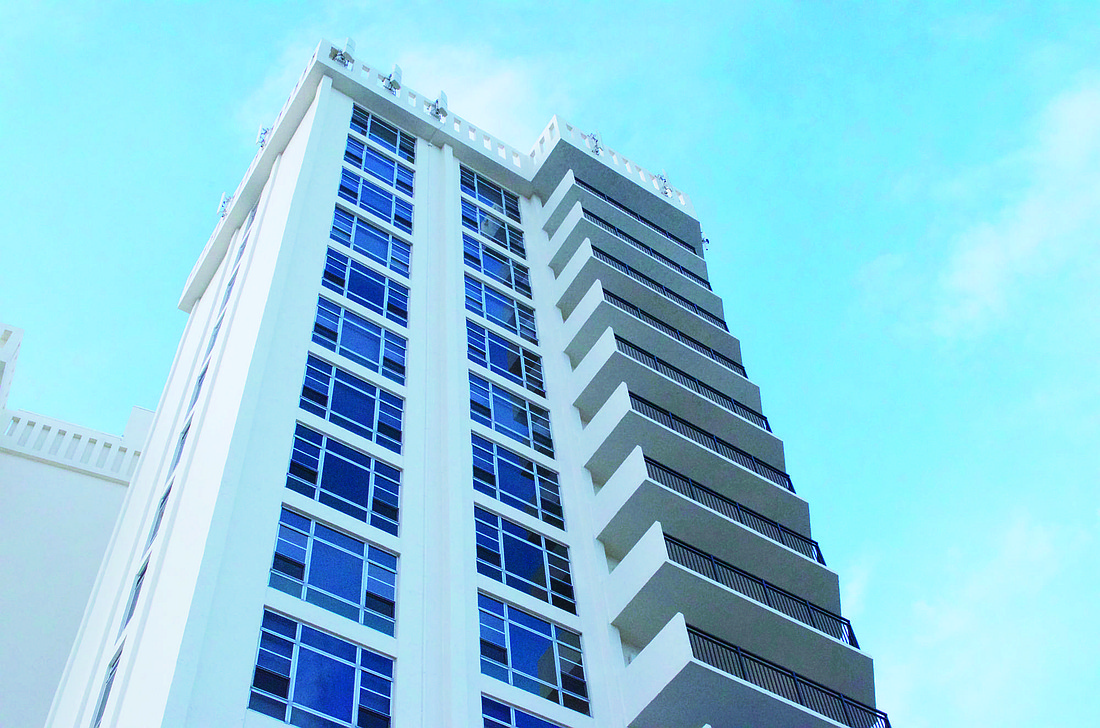- April 25, 2024
-
-
Loading

Loading

Longboat Key commissioners took the first step Monday toward updating the town’s zoning by approving a registry of nonconforming properties on the Key.
The idea behind logging these properties, which total more than 100, is to protect owners in the event of a total loss from a catastrophic event. Because many of these structures were constructed more than 40 years ago, there are limited records on the property specifications, which could lead to difficulty in rebuilding.
A second vote is scheduled for the Jan. 7 town commission meeting.
Details of the nonconforming properties would be filed in both Sarasota and Manatee counties to become part of property records, said Allen Parsons, director of the Planning, Zoning and Building Department.
Originally, Longboat Key was designed to accommodate 70,000 citizens. But, in 1984, town leaders who were concerned about where populations trends were heading, voted to rezone the entire island to no more than six units per acre, essentially capping growth and rendering dozens of properties nonconforming with current rules.
Beyond properties that exceed modern-day density rules, other types of nonconformities that would be included in the registry are land parcels that are smaller than the zoning district requires, and current uses that are not the rightful use in the zoning district.
A registry is part of a series of updated zoning recommendations under consideration by the Town Commission since October.
The registry is considered a first step. Still remaining to be settled: new rules allowing owners of nonconforming properties to redevelop at-will with flexibility beyond simply rebuilding with the same design, said B.J. Bishop, the Planning & Zoning Board chair.
Still to be settled are such factors as greenspace and open spaces, building height, density, cubic footage.
“The issue of nonconforming, multi-family units remains unresolved,” Bishop said. “How can one of those 20-story buildings be rebuilt?”